There's Still An Obamacare Mandate, And Other Facts You Need To Know
It’s health insurance enrollment season and, whatever you may have heard, the law still says most U.S. residents must have coverage next year or face tax penalties that could be pretty hefty.
President Donald Trump and the Republican-led Congress tried this year to repeal the Affordable Care Act ― the law that created the so-called individual mandate ― but failed. Trump, meanwhile, has sent mixed signals about how aggressively his administration will enforce the mandate. Despite all that, it still exists and could cost a lot to ignore.
The Mandate
All common forms of health coverage are sufficient to adhere to the mandate, including job-based insurance, policies bought from an insurance exchange or directly from an insurer, and government benefits like Medicare, Medicaid and the Children’s Health Insurance Program. Certain kinds of plans, like short-term policies, haven’t been considered “insurance” under the Affordable Care Act, though.
What this means is that close to 90 percent of Americans are following the individual mandate already and merely have to note on their tax returns that they have health insurance. And a portion of the remaining 10 percent or so are exempt from the mandate for various reasons. But some will have to pay the penalty.
Open enrollment for 2018 coverage from the Affordable Care Act’s health insurance exchanges runs from Nov. 1 to Dec. 15 in most states; a few have later deadlines.
The Penalty
The IRS hasn’t published new numbers on just how much the fines could be for people who go without coverage next year, but they’re likely to be similar to this year’s.
For 2017, the minimum mandate penalty is $695 for each adult and $347.50 for each child in a household.
But that fine applies mainly to people with low incomes, so most people who go uncovered and don’t qualify for a mandate exemption would have to pay higher penalties. This year, a large, wealthy family that doesn’t have health insurance could owe the IRS more than $13,000.
The individual mandate penalty is calculated one of two ways: it’s either a minimum dollar amount or a percentage of income, whichever is higher.
In the first case, a household would owe $695 for each adult plus $347.50 per child, up to $2,085. In the second case, the penalty is 2.5 percent of its income — minus the first $10,400 for single filers and $20,800 for people who file joint returns — up to the cost of the national average premium for the least-expensive bronze plan in a market, which is $3,264 for a single person this year, and will be a bit higher next year.
So someone who makes $54,000 a year ― roughly the median U.S. income ― would have to pay more than $1,000 for not complying with the mandate, according to a calculator created by the Tax Policy Center.
The fine will be added to a household’s tax bill, or deducted from its refund, when income taxes are filed for 2018. There is no fine for being uninsured up to three months in a year, and the penalty is assessed for each month beyond that a person doesn’t get coverage. The IRS is forbidden by law to garnish wages or take other steps to force people to pay, but unpaid penalties will come out of future tax refunds.
The Reason
The individual mandate has always been the least popular aspect of Obamacare, and it’s no mystery why. Many Americans object to a law requiring them to purchase a product they may not want or feel they can’t afford.
But it’s part of the Affordable Care Act for a reason, and is crucial to maintaining an insurance market that can accept anyone, regardless of pre-existing conditions.
The purpose of the individual mandate is to provide a disincentive for people to avoid getting coverage if they can afford it. The requirement often is referred to as the law’s “stick,” the counterpart to the “carrot” of the subsidies available on the health insurance exchanges to make policies more affordable for low- and middle-income households.
The mandate is especially important as a means to nudge younger, healthier people who aren’t heavy users of the health care system to get covered anyway. Their premium dollars go to cover the costs of those who need more medical care. This is vital to the long-term success of the health insurance exchange marketplaces and the insurers that sell on them. Finding the right balance on the exchanges has been a challenge and that struggle is partly to blame for high health insurance premiums.
The Exemptions
Although most U.S. residents are subject to the mandate, there are a number of exemptions from it.
One lets people avoid the fine if the cheapest insurance policy available in their area is considered “unaffordable” under the law because it costs more than about 8 percent of household income. Premiums for health insurance bought on exchanges or directly from insurers are rising sharply next year, so this exemption may wind up being available to more families than before, especially those with incomes too high to qualify for financial assistance under the Affordable Care Act.
Other exemptions include people who don’t earn enough to file federal income taxes and people who would be eligible for Medicaid but live in states that didn’t expand the program under the Affordable Care Act. Undocumented immigrants are exempt because they aren’t permitted to sign up for benefits under the Affordable Care Act. And people whose religious beliefs reject insurance or medical care are exempt.
There also are special “hardship” exemptions from the mandate, such as for people who filed bankruptcy during the year or were homeless.
HuffPost readers: Are you shopping for health insurance through an exchange like HealthCare.gov or directly from an insurance company? Tell us about your experience during the current open enrollment period ― email jeffrey.young@huffpost.com. Please include your full name, hometown and state, and phone number if you’re willing to be interviewed.
Also on HuffPost
1912
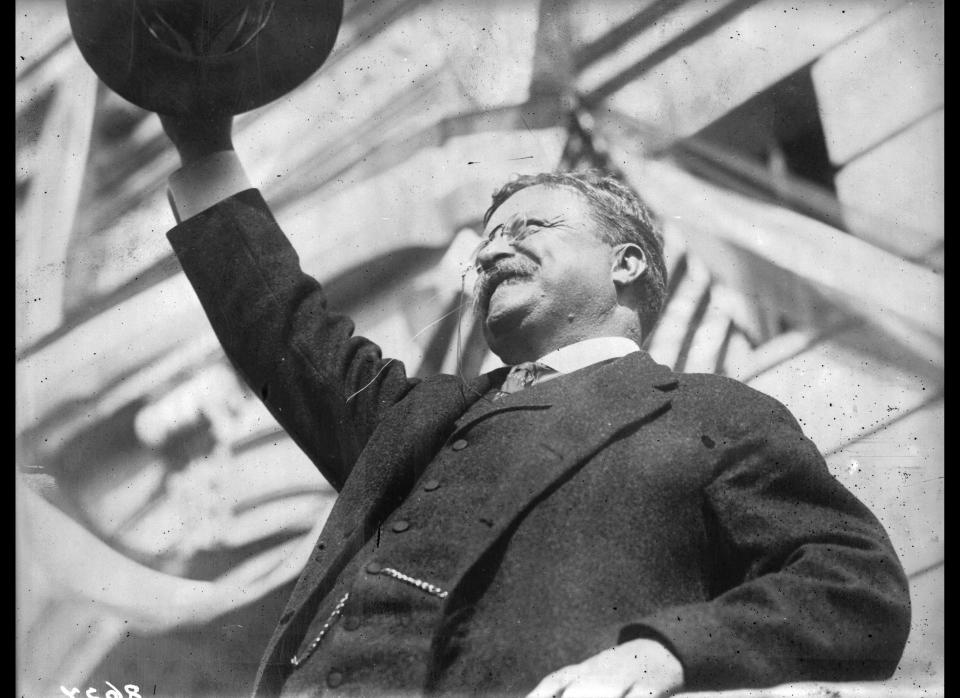
1935
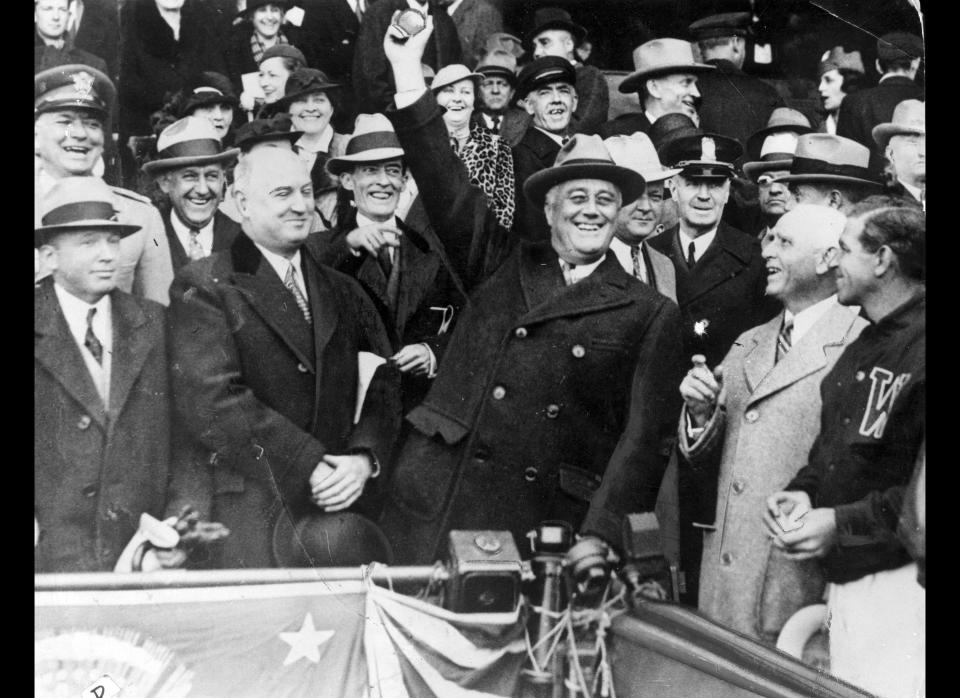
1942
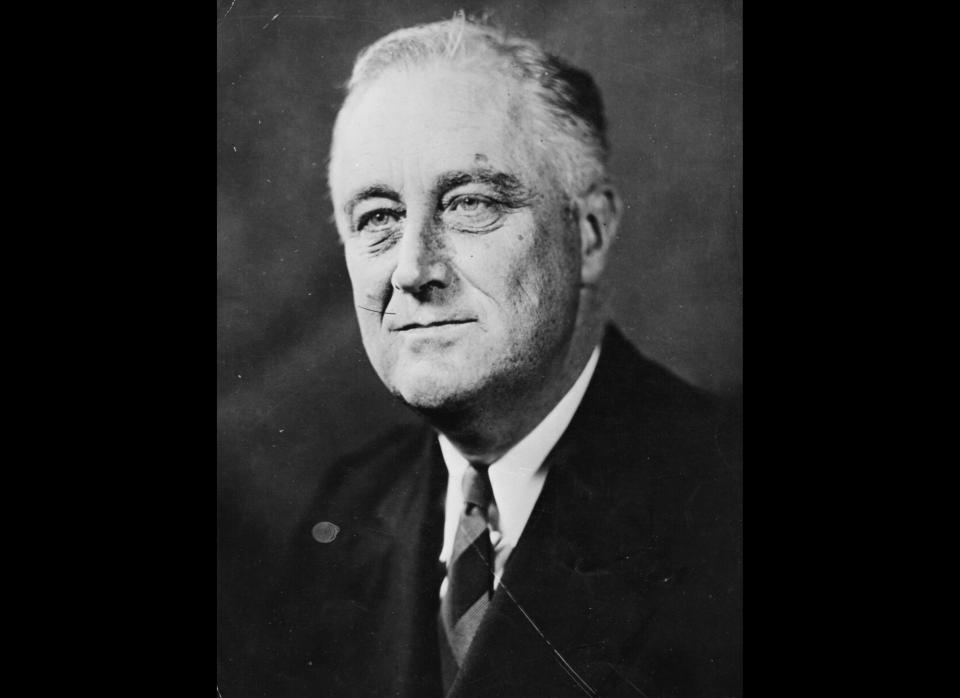
1945
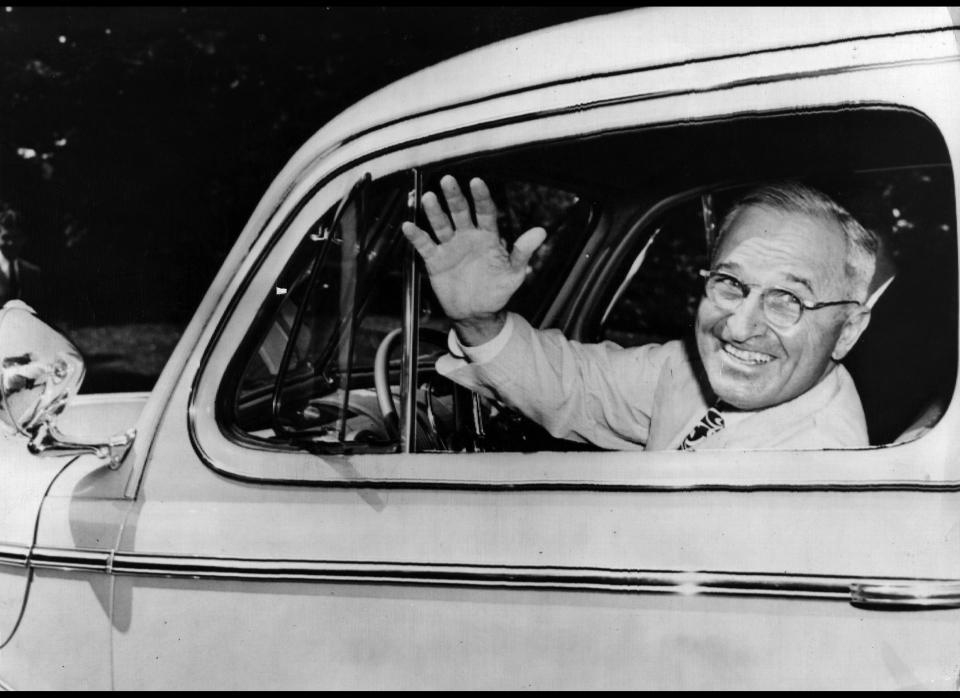
1960
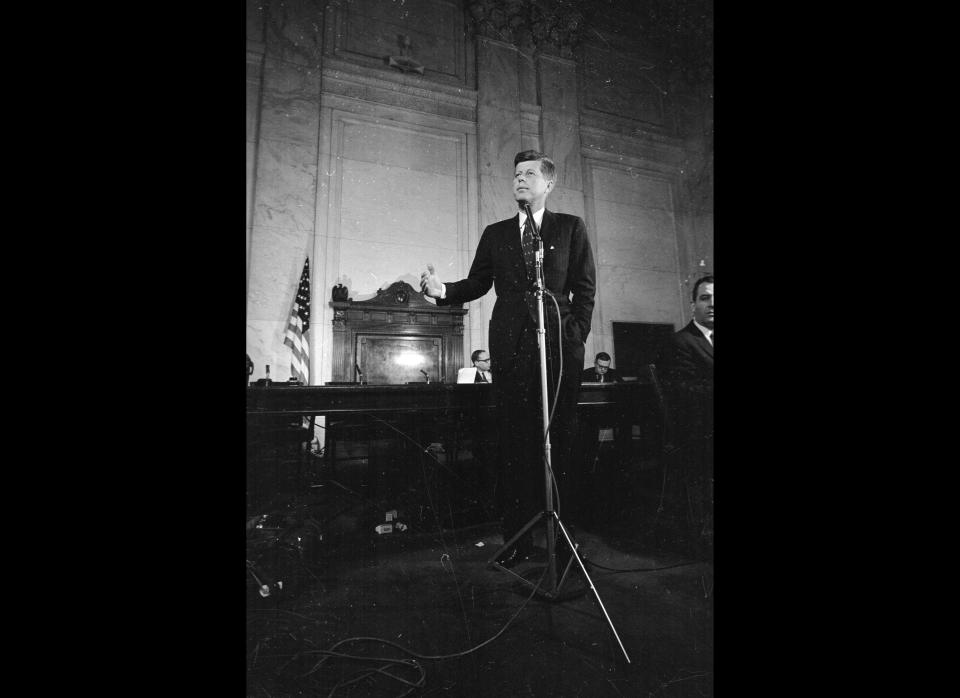
1965
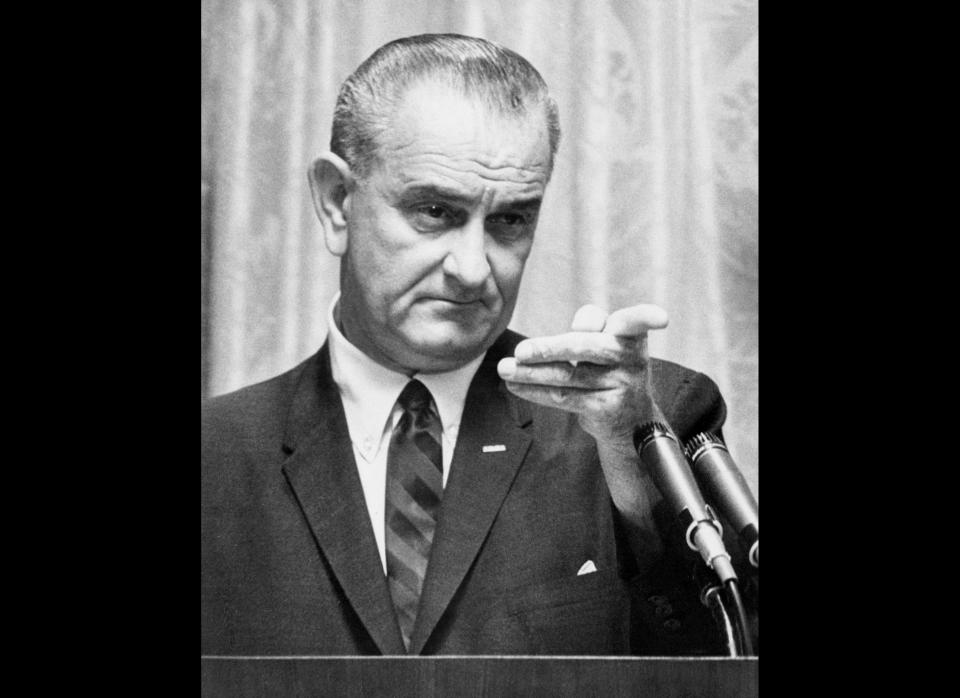
1974
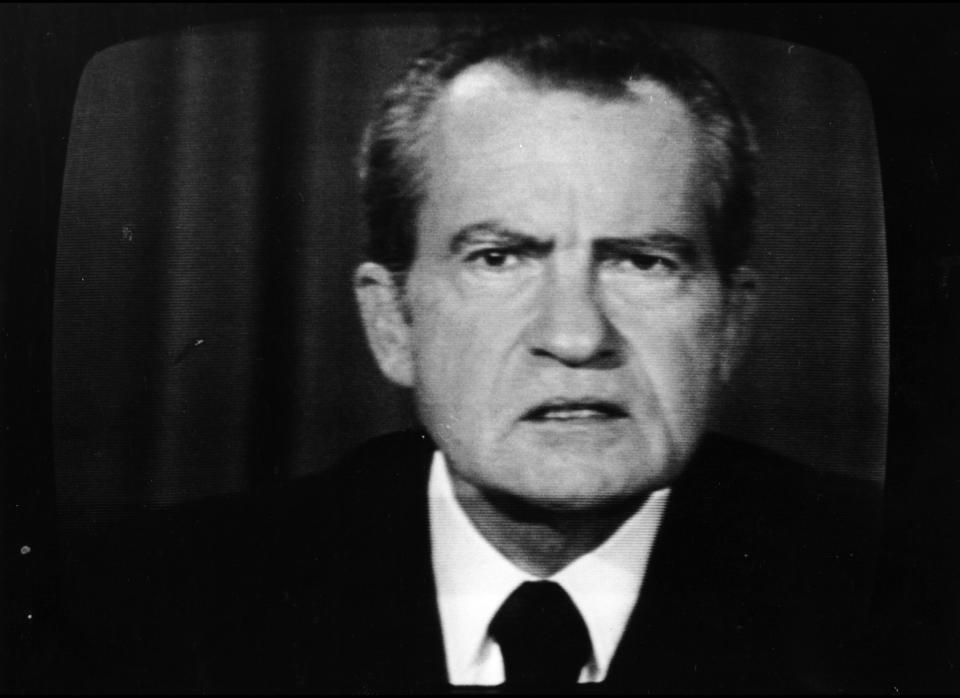
1976
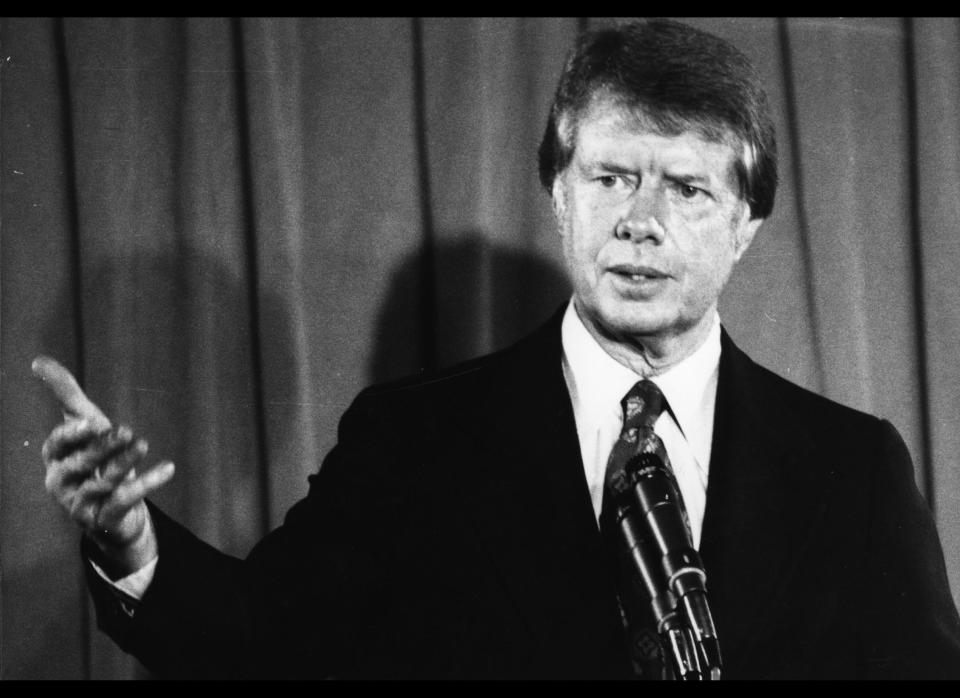
1986
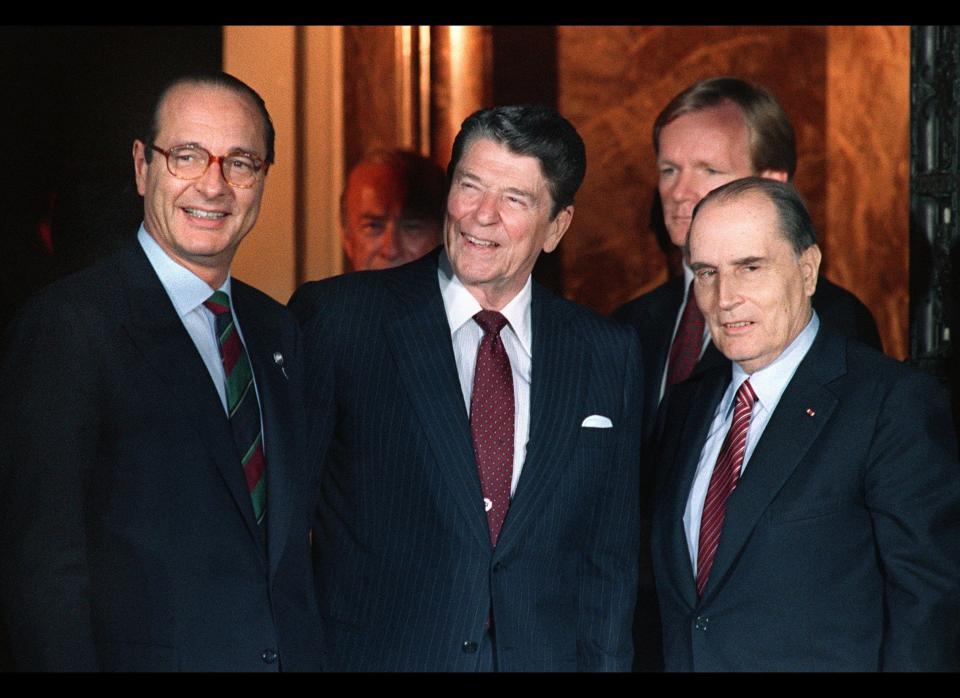
1988
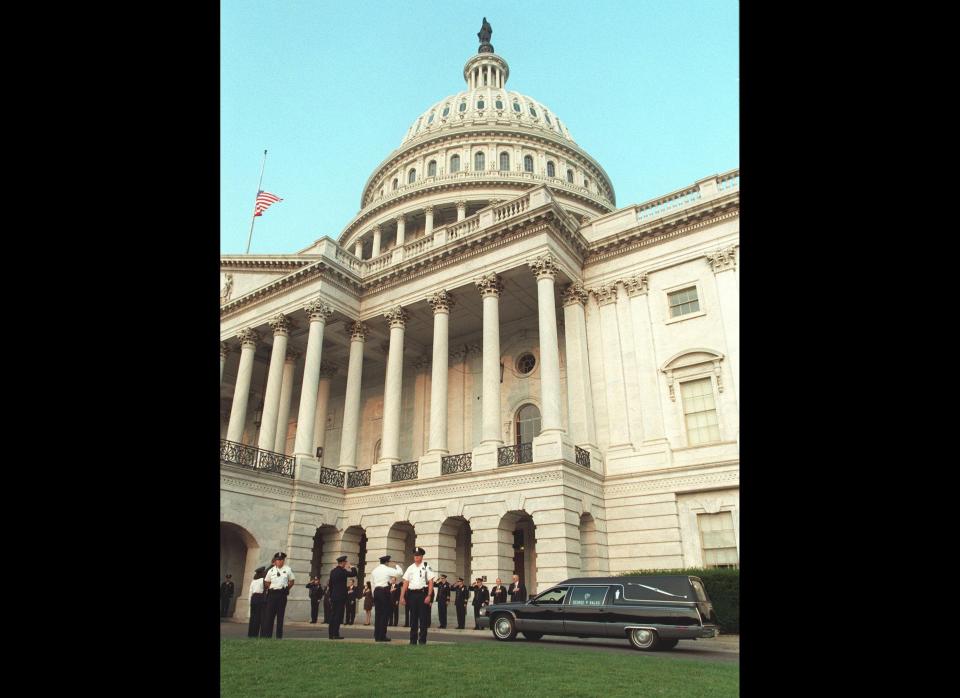
1993
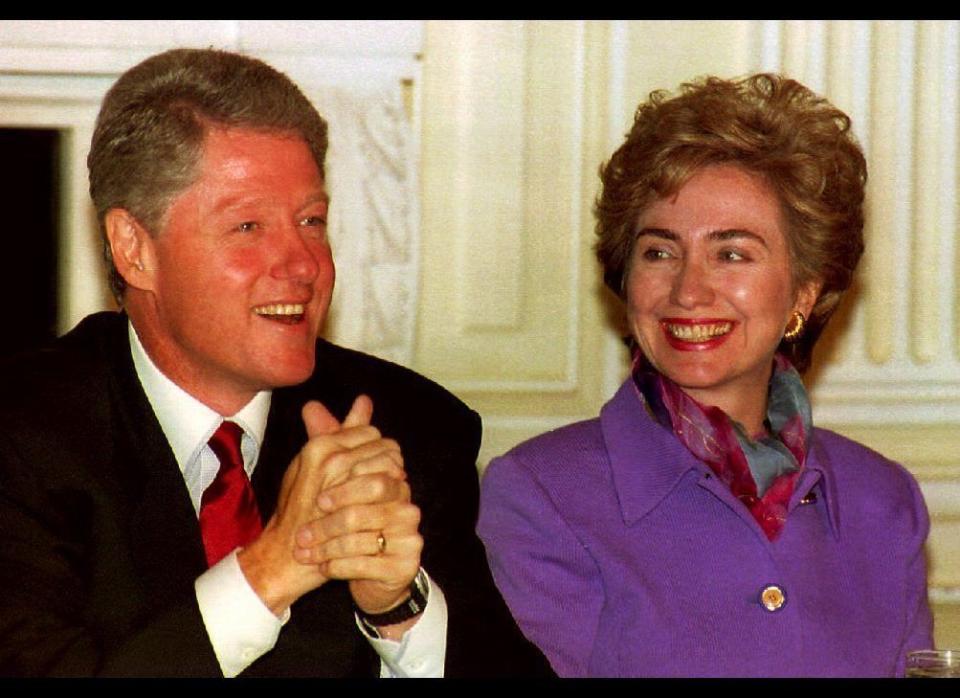
1997
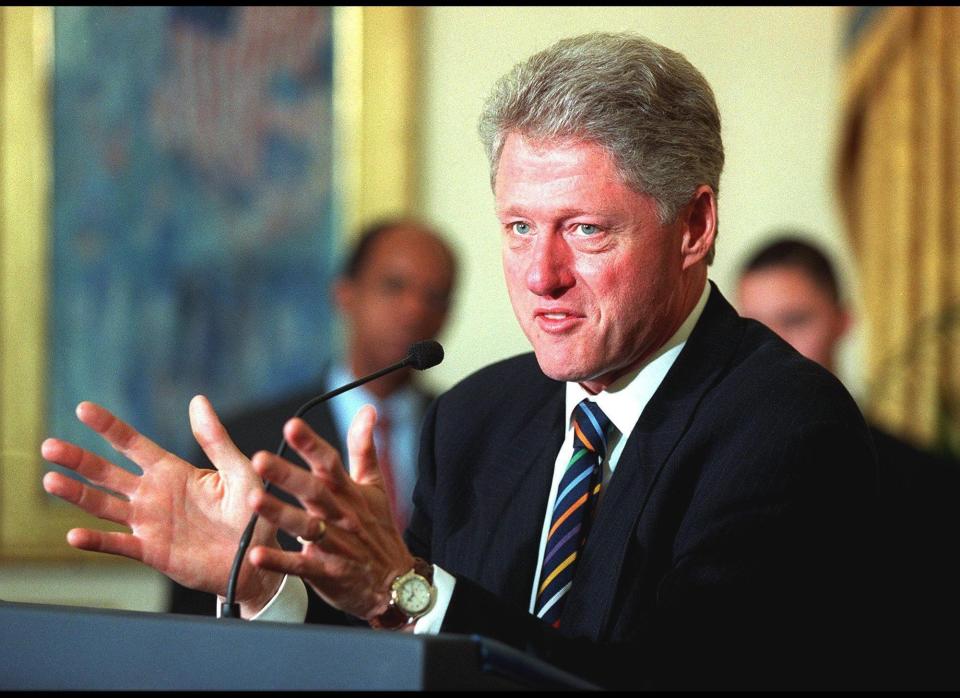
2003
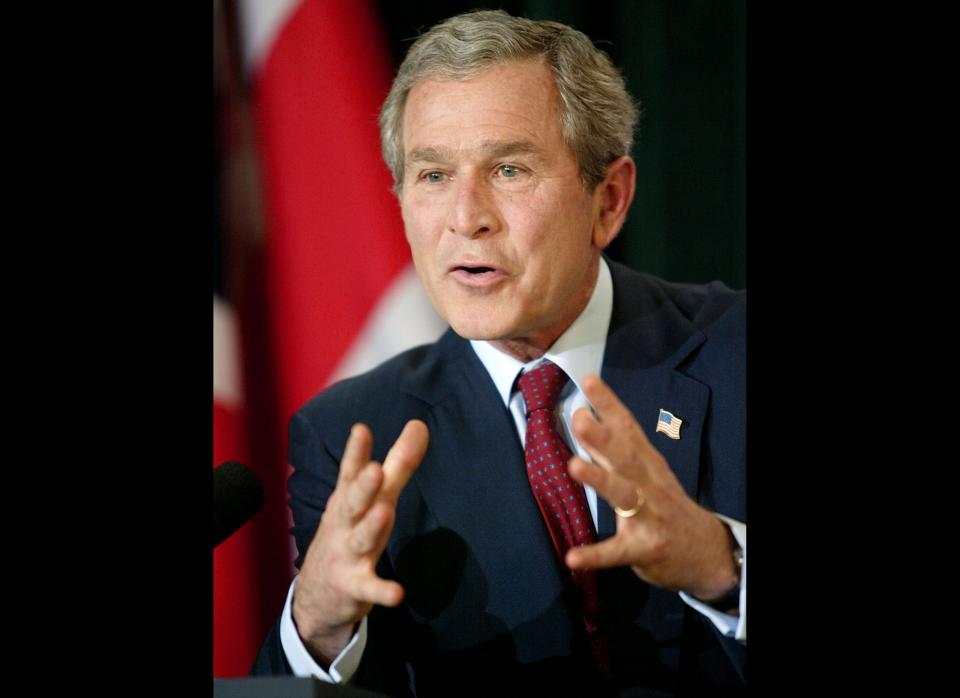
2008
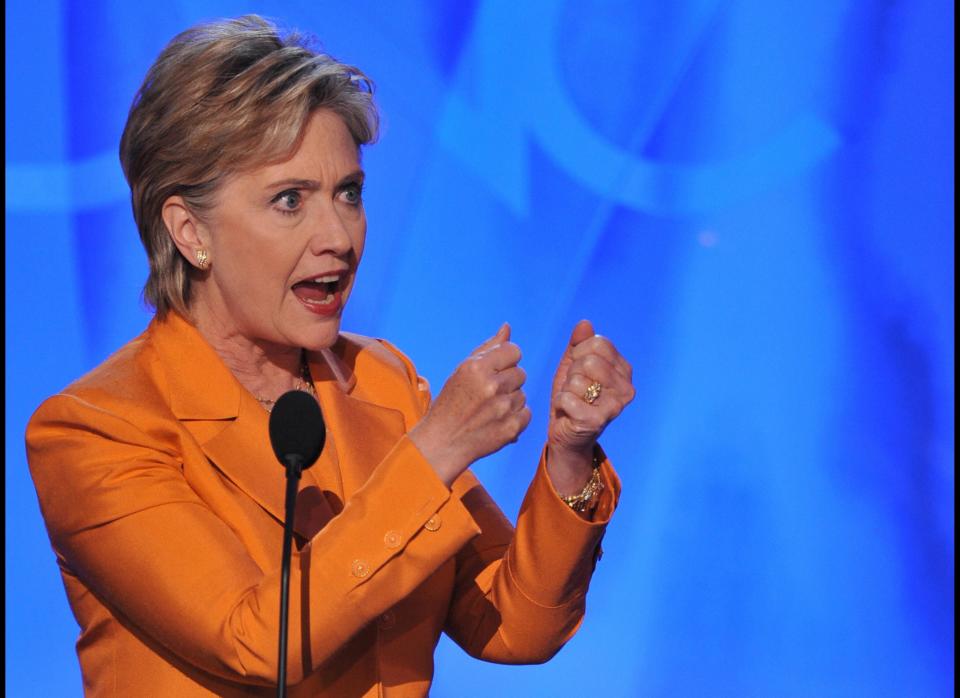
2009
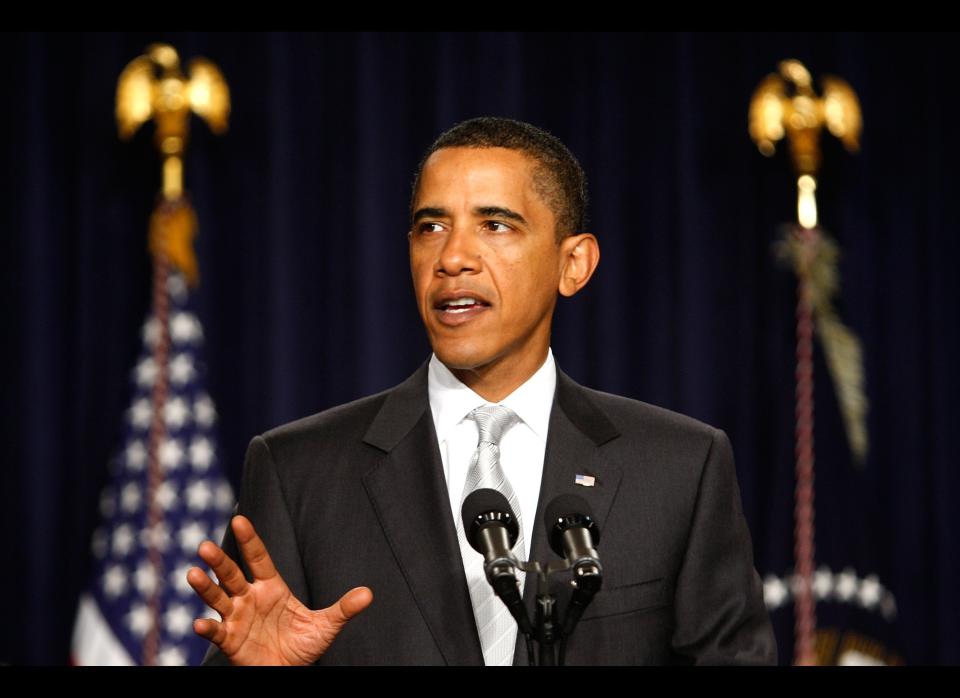
2010
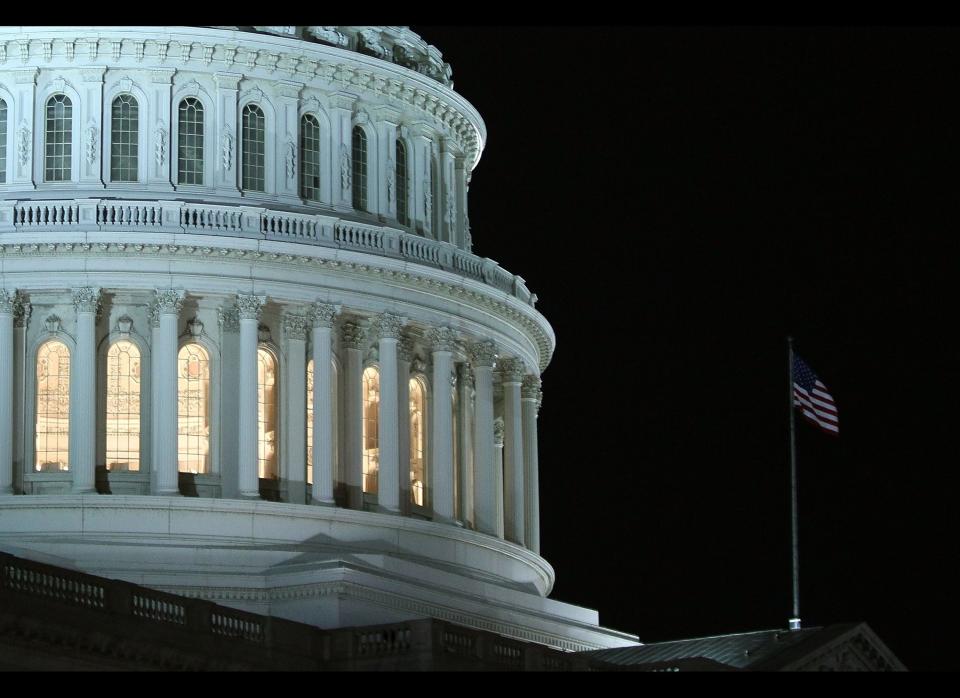
2012
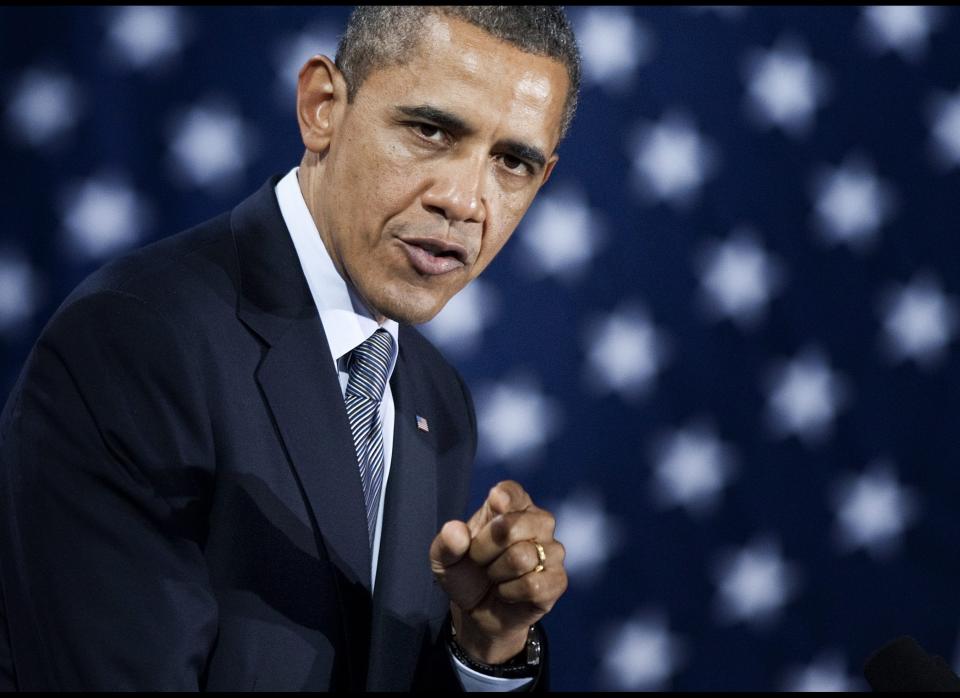
Love HuffPost? Become a founding member of HuffPost Plus today.
This article originally appeared on HuffPost.

